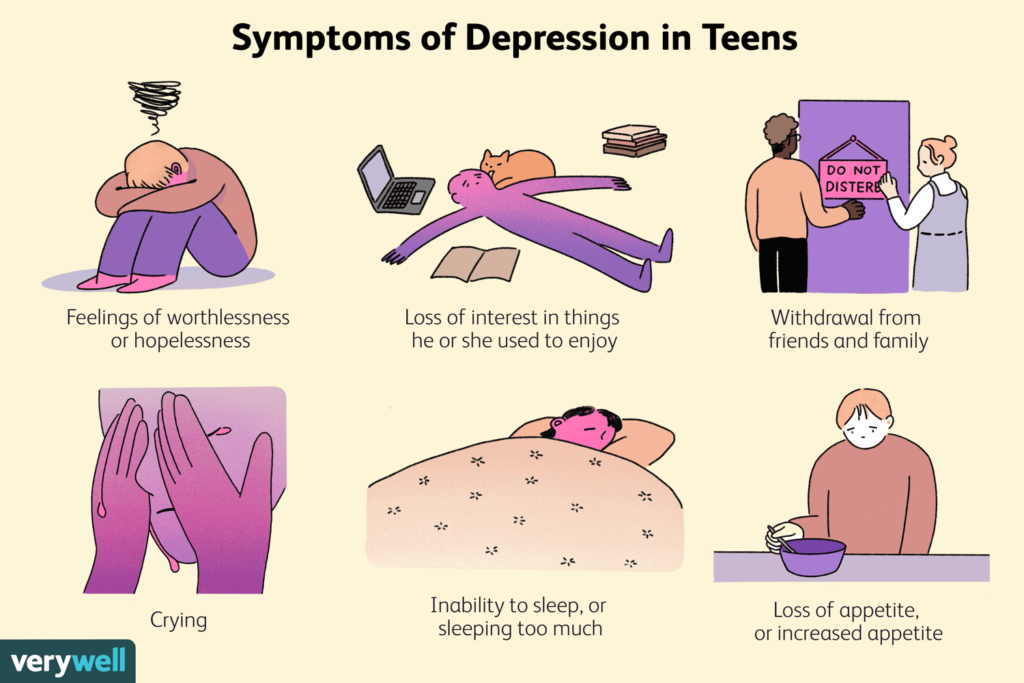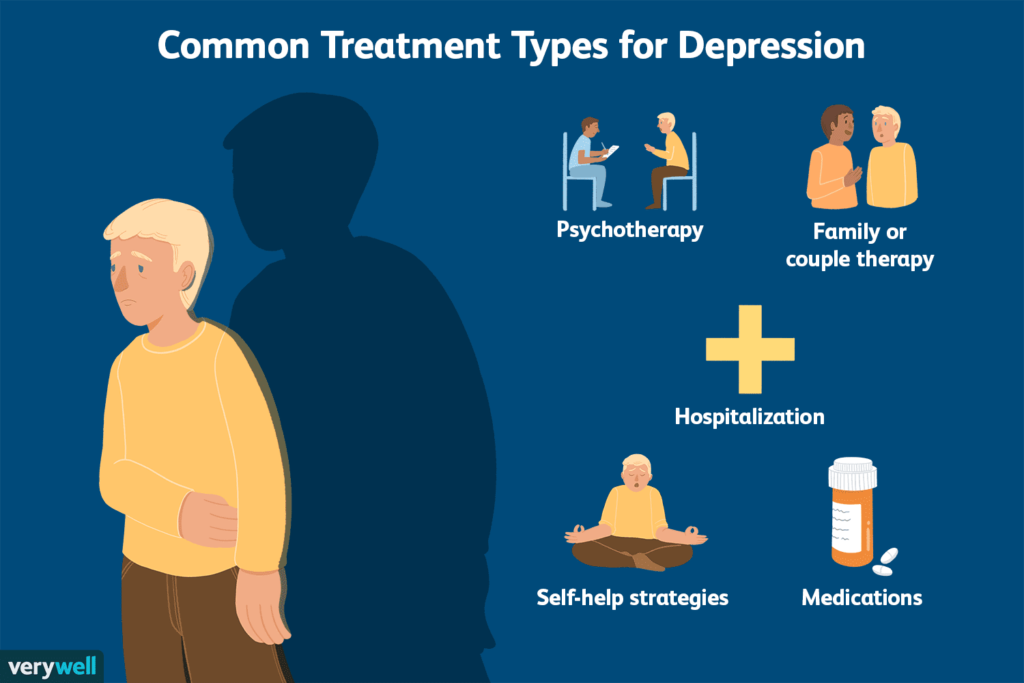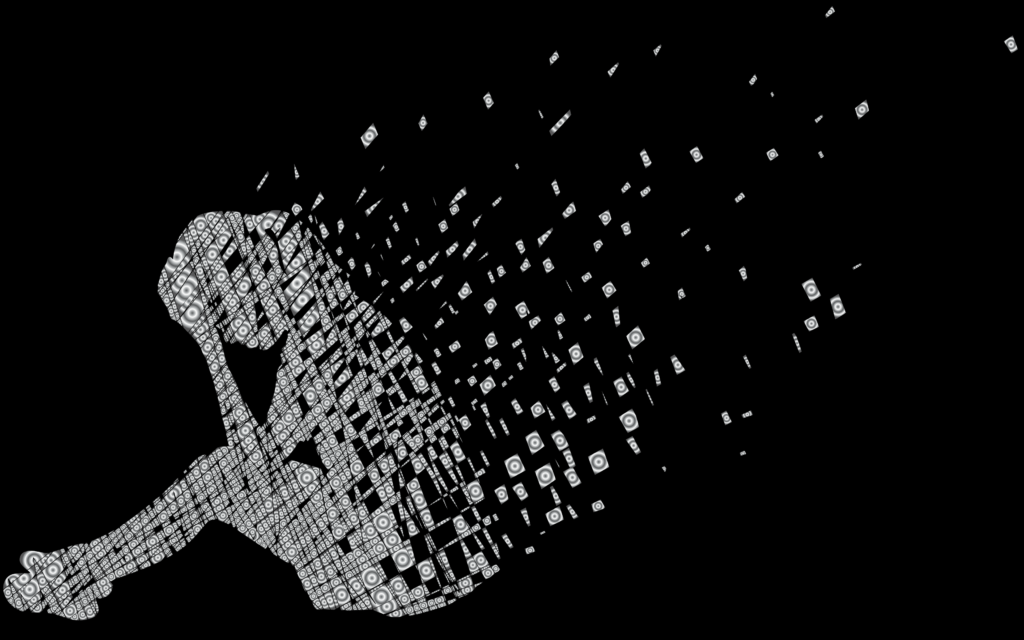
1. Persistent Sadness: Feeling sad, empty, or irritable most of the day, nearly every day.
2. Loss of Interest: A noticeable loss of interest or pleasure in hobbies, work, or social activities.
3. Changes in Appetite and Weight: Significant changes in appetite or weight, either an increase or decrease.
The Impact of Depression on Daily Life
Depression Coping Strategies


